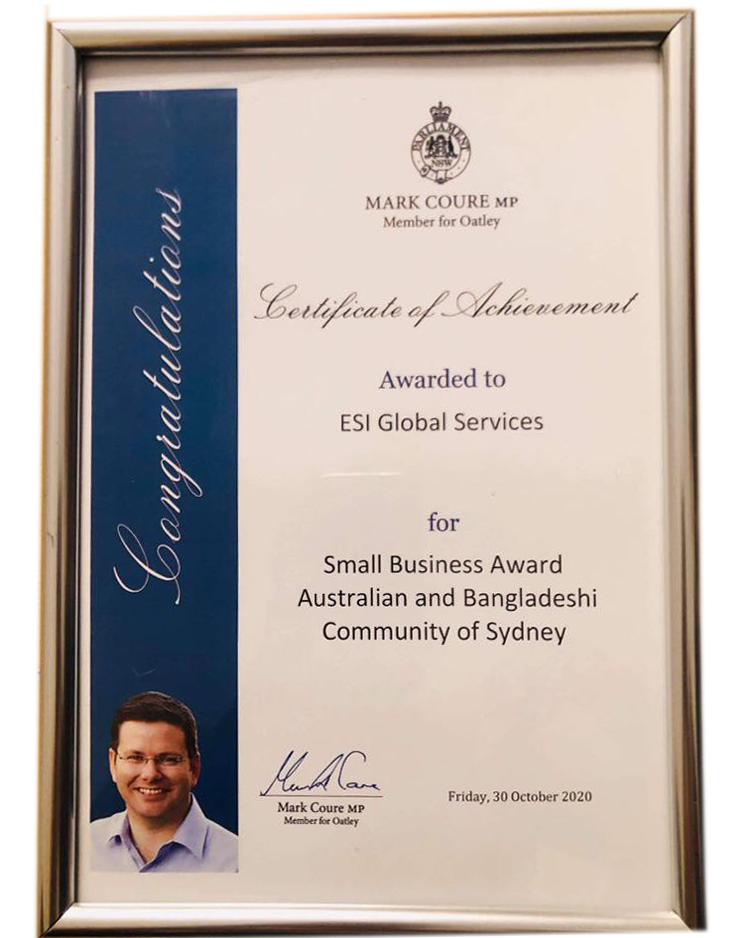
NAATI
To stand out in the Crowd and beat the competition in the application queue, students would know that they need the 5 points from credentialed community language qualification through NAATI exam.
NAATI accreditation can help people wishing to migrate to Australia in a number of ways:
ESI Global services works closely a range of institutes who provide NAATI – approved qualifications in Australia. They provide interpreting and translation courses across a range of language streams including:
Mandarin,
Cantonese,
Bangla,
Nepali,
Hindi,
Punjabi,
Arabic,
Spanish,
English
and Korean.
WHAT IS NAATI?
National Accreditation Authority for Translators and Interpreters (NAATI) is the only Australian accreditation(s) in interpreting and/or translating (either direction) as the ground for community languages to 5 points in skilled migration.
What is tested in NAATI? (i.e. NAATI paraprofessional Interpreter testing)
NAATI paraprofessional interpreting test consists of three sections, that is, social and culture awareness (4 questions), ethics of the profession (4 questions) and dialogue interpreting (2 dialogues).
To achieve a pass in the professional interpreter testing, candidates must score a minimum of:
–2.5/5 for Social/Cultural Awareness questions
– 2.5/5 for Ethics of the Profession questions
– 29/45 for each interpreting dialogue
– 63/90 for the two interpreting dialogues
– 70/100 Overall
HOW TO GET 5 IMMIGRATION POINTS THROUGH NAATI?
To be granted the 5 immigration points, applicants need to obtain an accreditation at least paraprofessional level by either:
1. NAATI external exam.
2. Completing internal courses and passing internal exams provided by colleges and universities approved by NAATI.
However, the official statistics show that 60% of the NAATI accreditation were gained through NAATI-Approved Australia Course (NAATI Annual Report 2014).
The pass rate for obtaining an accreditation through NAATI approved internal courses is higher for the simple reason that such a course is usually conducted in a systematic and professional manner within a specific time (normally 6 months). Upon completion of the qualification, students are more confident and are well equipped with knowledge and skills in either translating or interpreting to sit for an examination.
Our Popular courses












